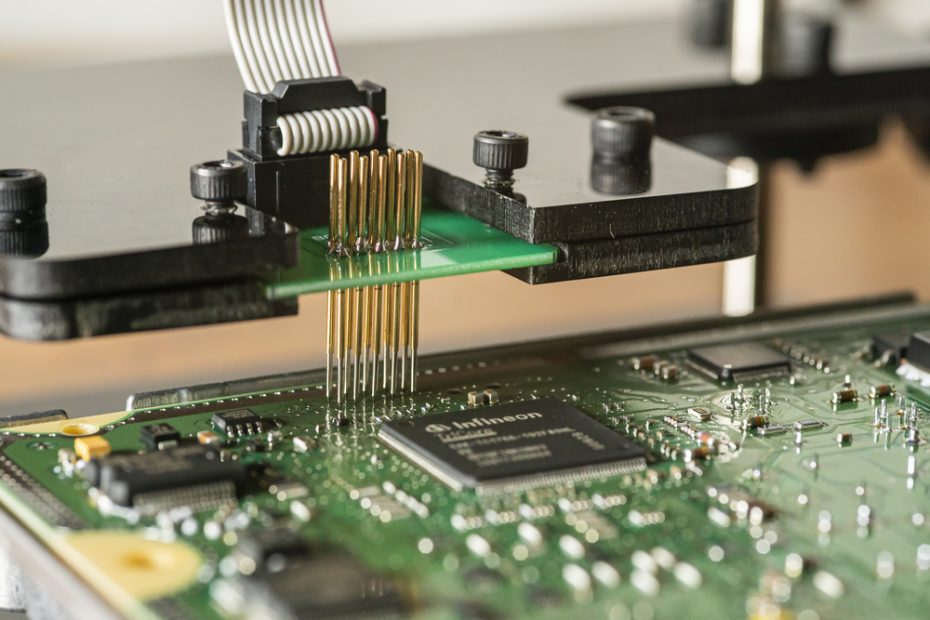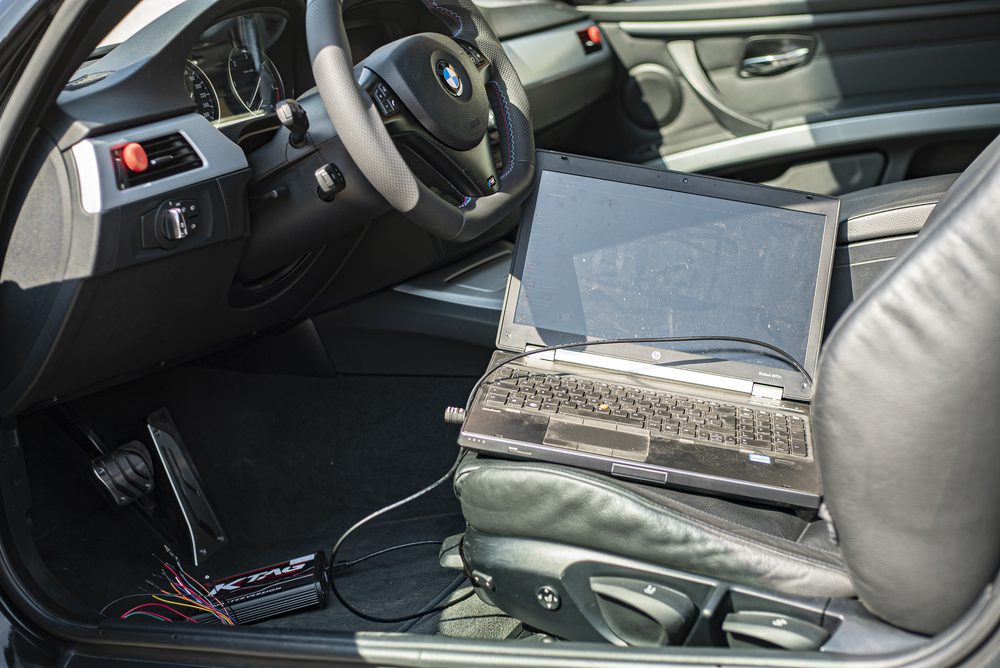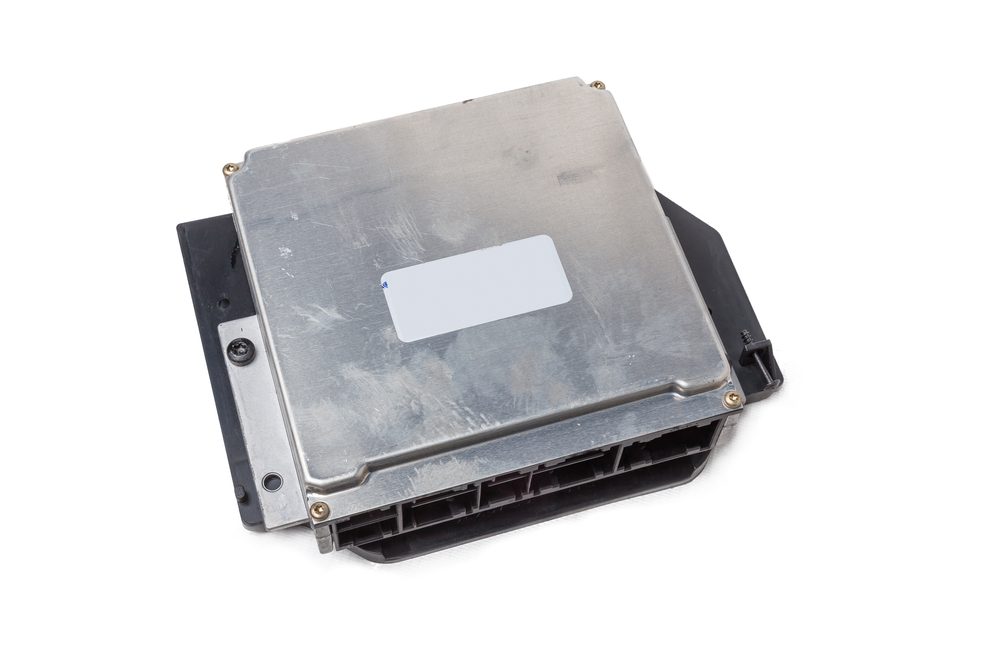What is the difference between an ECM and a ECU?
An ECM (Engine Control Module) and an ECU (Electronic Control Unit) are both essential components in modern vehicles that help regulate various aspects of the engine’s performance. While they may seem similar, there are key differences between the two.
Definitions
An ECM is a type of electronic control unit that specifically focuses on managing the engine functions of a vehicle. It controls the fuel injection, ignition timing, emissions systems, and other crucial engine-related processes. On the other hand, an ECU is a broader term that refers to any electronic control unit in a vehicle, including those responsible for managing the transmission, brakes, airbags, and other systems.
Functional Differences
The main difference between an ECM and an ECU lies in their functionality and scope of control. An ECM is typically dedicated solely to the engine management tasks, ensuring optimal efficiency, power delivery, and emission compliance. It continuously monitors sensor inputs, processes data, and adjusts parameters accordingly to maintain smooth engine operation.
On the other hand, an ECU encompasses a wider range of control units responsible for different functions throughout the vehicle. These can include the transmission control unit (TCU), anti-lock braking system control unit (ABS ECU), airbag control unit (ACU), and more. Each of these units focuses on managing its specific system or subsystem within the vehicle.
Integration and Communication
In terms of integration and communication, both ECMs and ECUs rely on sensors and actuators to monitor and control various parameters. They collect data from multiple sensors such as the oxygen sensor, throttle position sensor, and engine coolant temperature sensor. These inputs help the ECM or ECU make informed decisions and adjustments to optimize performance.
An ECM typically has a more tightly integrated relationship with the engine’s components and systems, as its primary function is to control and manage them. This close integration allows for more precise control over the engine’s operation.
On the other hand, an ECU must communicate with a broader range of systems throughout the vehicle, requiring more extensive wiring and communication protocols to establish interconnectivity between the different control units. These control units exchange data through various communication buses like Controller Area Network (CAN), Local Interconnect Network (LIN), or FlexRay.
Is the ECU the computer of a car?
When it comes to understanding the different components of a car’s electrical system, there is often confusion between the ECU (Engine Control Unit) and ECM (Electronic Control Module). In this article, we will focus on the ECU and answer the question, “Is the ECU the computer of a car?”
What is an ECU?
The ECU, also known as the Engine Control Unit, is a vital component of a car’s electronic system. It serves as the brain of the engine, controlling various functions such as fuel injection, ignition timing, and emissions control. The ECU collects data from various sensors in real-time and uses this information to optimize engine performance.
ECU vs. Computer
While the ECU performs functions similar to that of a computer, it is important to note that it is not the same as a typical computer. Unlike a computer that runs an operating system and supports multiple software applications, the ECU is dedicated solely to managing the engine’s operations.
The ECU is specifically designed to withstand harsh automotive environments, such as extreme temperatures and vibrations. It operates using firmware or specialized software that is tailored for the specific make and model of the vehicle.
Importance of the ECU
The ECU plays a crucial role in ensuring the optimal performance, fuel efficiency, and emissions compliance of a vehicle. By continuously analyzing sensor data, it can make adjustments to various engine parameters in real-time, leading to efficient combustion and enhanced performance.
“The ECU acts as the engine’s control center, making millions of calculations per second to keep the engine running smoothly.”
Conclusion
The ECU is a vital component of a car’s electrical system, but it is important to understand that it is not the same as a traditional computer. While it performs similar functions, the ECU is specifically designed to manage the engine’s operations and is built to withstand automotive conditions.
So, next time someone asks you if the ECU is the computer of a car, you can confidently explain the difference between the two and highlight the importance of the ECU in ensuring optimal engine performance.
What is the ECU symbol on a car?
The ECU symbol on a car stands for Electronic Control Unit. It is an essential component of modern vehicles that plays a crucial role in controlling various systems and functions. The ECU acts as the brain of the car, collecting data from sensors and making real-time adjustments to ensure optimal performance and efficiency.
Function of the ECU
The ECU is responsible for monitoring and controlling several important aspects of the vehicle, including:
- Engine management: The ECU regulates the fuel injection, ignition timing, and air-fuel mixture to optimize power output and fuel efficiency.
- Transmission: It controls the shifting of gears in automatic transmissions, ensuring smooth gear changes.
- Braking system: The ECU is involved in the functioning of the anti-lock braking system (ABS), ensuring safe and efficient braking.
- Airbags: In the event of a collision, the ECU deploys the airbags to protect the occupants.
- Climate control: It regulates the heating, ventilation, and air conditioning (HVAC) system, maintaining the desired cabin temperature.
Importance of the ECU symbol
The ECU symbol on a car’s dashboard typically illuminates when there is a problem detected by the ECU. This symbol serves as a warning to the driver that there may be an issue with one or more of the vehicle’s systems. It is essential to address any ECU-related issues promptly to avoid potential damage to the vehicle and ensure driver safety.
“The ECU symbol is like a warning light that tells you to pay attention to your vehicle’s health.”
Diagnosing ECU problems
If the ECU symbol lights up on your dashboard, it is advisable to seek professional assistance or use an OBD-II diagnostic tool to retrieve error codes stored in the ECU. These error codes can help identify the specific problem area, enabling efficient and accurate repairs.
The ECU symbol on a car represents the Electronic Control Unit responsible for managing various systems within the vehicle. Monitoring and controlling critical functions such as engine management, transmission, and safety features, the ECU plays a vital role in ensuring optimal vehicle performance. It is important to address any issues indicated by the ECU symbol promptly to maintain the reliability and safety of your vehicle.
The ECU is a vital component of a car’s electrical system, but it is important to understand that it is not the same as a traditional computer. While it performs similar functions, the ECU is specifically designed to manage the engine’s operations and is built to withstand automotive conditions.
So, next time someone asks you if the ECU is the computer of a car, you can confidently explain the difference between the two and highlight the importance of the ECU in ensuring optimal engine performance.
Conclusion
In summary, while an ECM and an ECU are both electronic control units, they differ in terms of their focus, functionality, and scope of control. An ECM specifically manages the engine-related functions, providing precise control over fuel injection, ignition timing, and emissions systems. On the other hand, an ECU encompasses a broader range of control units responsible for managing different systems within the vehicle.
Understanding the difference between these two components can help vehicle owners and enthusiasts better grasp the intricate workings of modern automotive technology.



